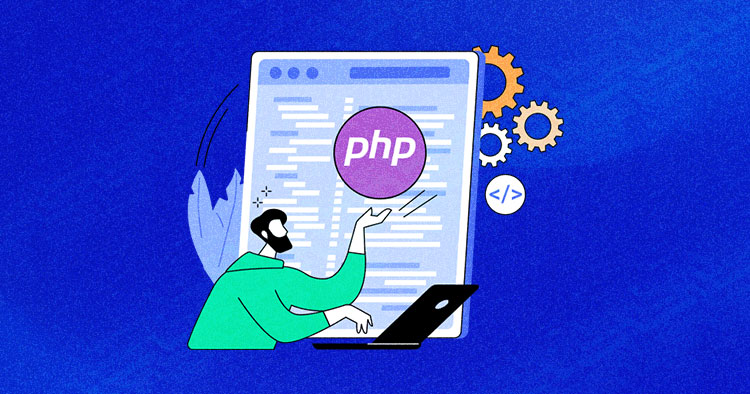Insightful Chronicles
Exploring the world through news and stories.
PHP Development: Where the Fun Meets the Functionality
Discover the exciting world of PHP development where creativity blends with functionality. Unlock endless possibilities for your projects today!
10 Essential PHP Functions Every Developer Should Know
PHP is a powerful scripting language, and mastering its built-in functions can greatly enhance your development efficiency. Here are 10 essential PHP functions every developer should know:
- strlen(): Used to determine the length of a string, this function is intuitive and crucial for handling user inputs.
- array_push(): This function allows you to add one or more elements to the end of an array, making it useful for dynamic data manipulation.
- json_encode(): Converts a PHP array or object into a JSON string, facilitating easy data interchange between your server and client.
- header(): Essential for sending raw HTTP headers, it plays a vital role in redirecting users or modifying server responses.
- date(): Retrieves the current date and time, formatted according to specified parameters, which is essential for time-stamping and logging events.
Additionally, understanding functions such as isset() and empty() can help you manage variables better, avoiding unnecessary errors. Furthermore, mysqli_connect() is crucial for database connections, while str_replace() allows for efficient string replacements within your applications. For a comprehensive overview, check out resources like PHP's official documentation or TutorialsPoint to deepen your understanding of these functions.

How to Build Interactive Web Applications with PHP: A Step-by-Step Guide
Building interactive web applications with PHP involves several steps that every developer should master to ensure functionality and user engagement. First, you need to set up your development environment. This includes installing a local server, such as XAMPP, which allows you to run PHP locally. Next, organizing your project directory is crucial; the common structure includes folders for CSS, JavaScript, and potential database files. Once the setup is complete, you can start coding by learning about PHP's syntax and functions, which is vital for dynamic content generation.
After understanding the basics of PHP, the next step is implementing interactive features using libraries and frameworks. Consider utilizing Laravel for creating robust web applications with ease. You can enhance interactivity by integrating jQuery for DOM manipulation and asynchronous requests with AJAX. This allows for a seamless user experience, as it enables page updates without full refreshes. Lastly, don’t forget to leverage MySQL or SQLite databases for storing user data and application state, ensuring that your web app is both functional and interactive.
What Makes PHP a Popular Choice for Web Development?
PHP has emerged as a leading scripting language for web development due to its simplicity and ease of use. One of the most significant advantages of PHP is its ability to integrate seamlessly with various database systems, making it a versatile choice for dynamic content creation. According to PHP.net, this server-side language allows developers to create robust web applications quickly, leveraging a rich array of built-in functions and frameworks. Additionally, PHP's extensive community support means that developers have access to a wealth of resources and libraries, enhancing productivity and streamlining the development process.
Another reason for PHP's popularity is its compatibility with various operating systems and web servers. PHP is platform-independent, supporting major operating systems like Windows, Linux, and macOS, which provides flexibility in deployment. Many popular content management systems (CMS), such as WordPress and Drupal, are built on PHP, showcasing its reliability and performance in creating scalable web platforms. Moreover, the language continually evolves, with regular updates that improve its features and security—as noted on Tania Rascia's blog. This ensures that PHP remains a modern and relevant choice for web developers looking to create high-quality websites and applications.